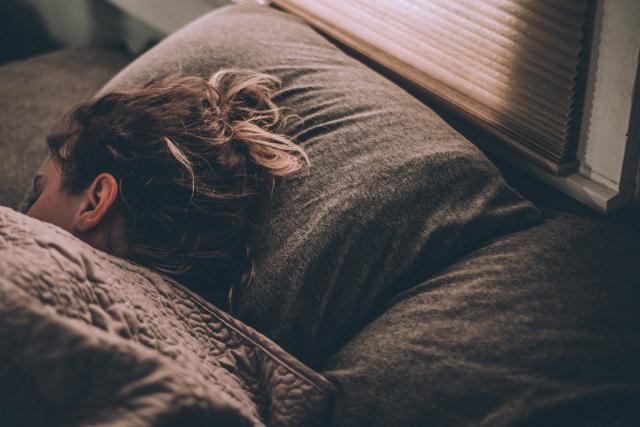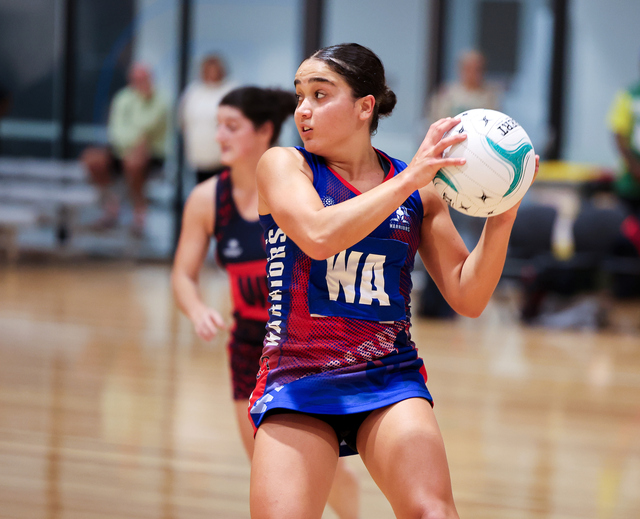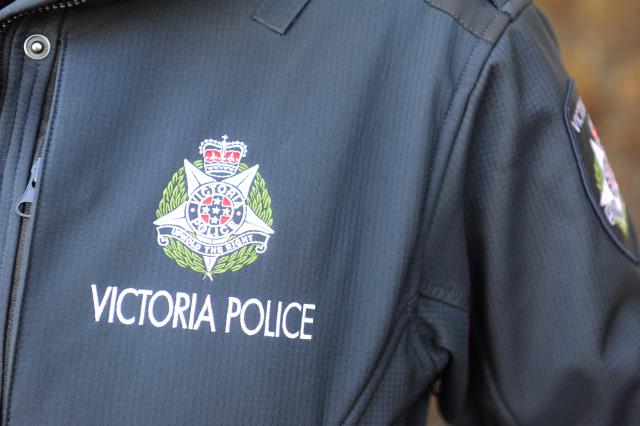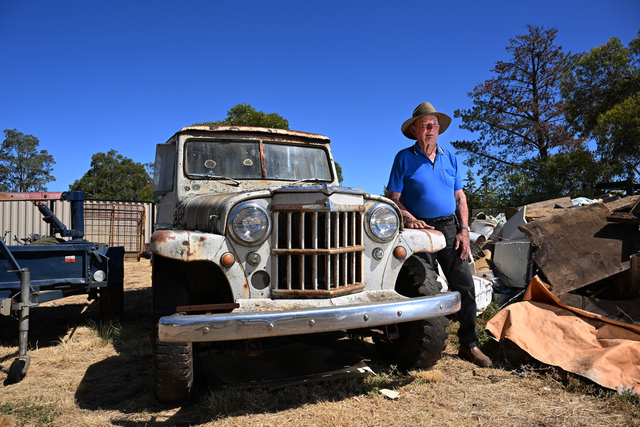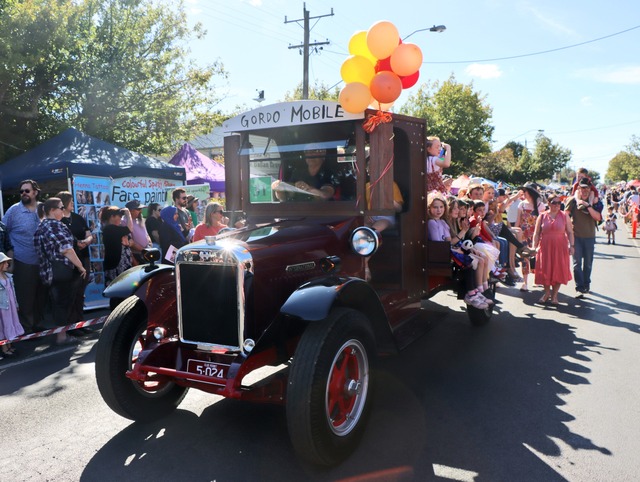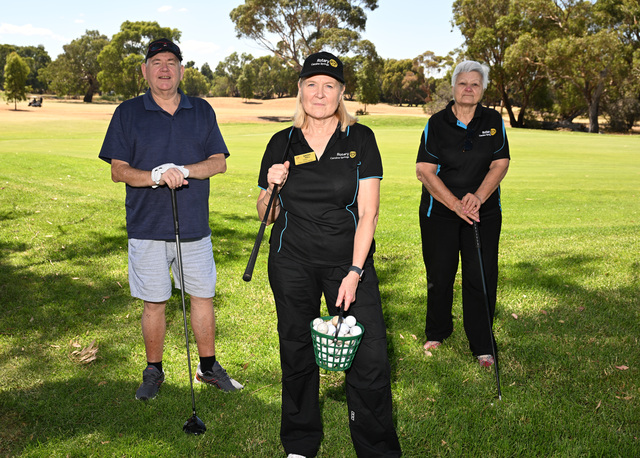New research from Australian and New Zealand Journal of Public Health has found 60 per cent of young Australians, including those in Melton and Moorabool, said their sleep hours are irregular.
The findings, published on July 19, found that 30 per cent of young adults slept less than seven to nine hours a night, and 18 per cent took more than 30 minutes to fall asleep.
Researchers also said 25 per cent of participants reported their sleep was ‘fairly bad’ or ‘very bad,’ and 10 per cent reported impaired daytime alertness.
Sunshine Coast University clinical psychologist and lead researcher Dr Alex Metse said she was surprised to find self-reported sleep satisfaction and daytime alertness had the strongest relationship with mental and physical health.
“We hear a lot of messaging around the fact that as adults we need seven to nine hours’ sleep a night to be healthy – this study shows that it’s not that simple,” Dr Metse said.
“Compared to young adults who were satisfied with their sleep, those who were dissatisfied with their sleep had mental health scores that were 34 per cent lower and physical health scores that were seven percent lower.
“Physical and mental health scores were also lower for those who felt less alert during the day, and mental health scores were lower among those who slept less than the recommended duration in the sleep study.
“Previous studies have shown that poor sleep is associated with chronic health conditions such as depression and cardiovascular disease… [and] this study helps us understand further the indicators of good sleep when it comes to our health.”
Dr Metse said sleep satisfaction is a subjective measure, and there is an opportunity to educate the public about what a ‘normal’ night sleep looks like.
“[This] might change expectations and in turn improve satisfaction and help young adults create healthy habits,” she said.
“Our findings suggest that it could be easy for health practitioners to ask young adults one or two questions about their sleep satisfaction and alertness to identify who might be at risk of poor physical and mental health related to poor sleep.”
Dr Metse said her top tips for a healthy sleep include; reflection on how much sleep you need to feel alert and function well day-to-day, create a healthy sleep environment, go to bed and get up at roughly the same time, limit the time you spend in bed to roughly the amount of time you usually spend sleeping, eat a balanced diet and exercise.

